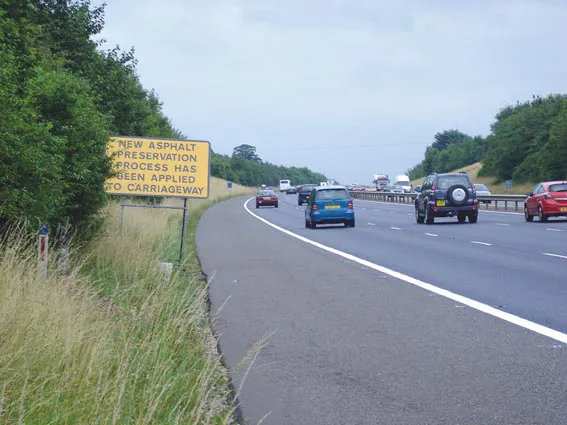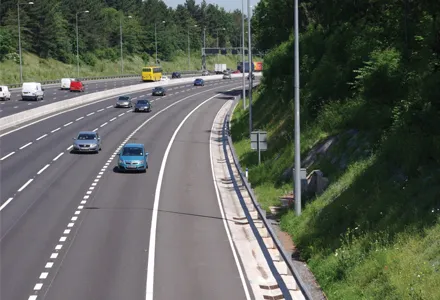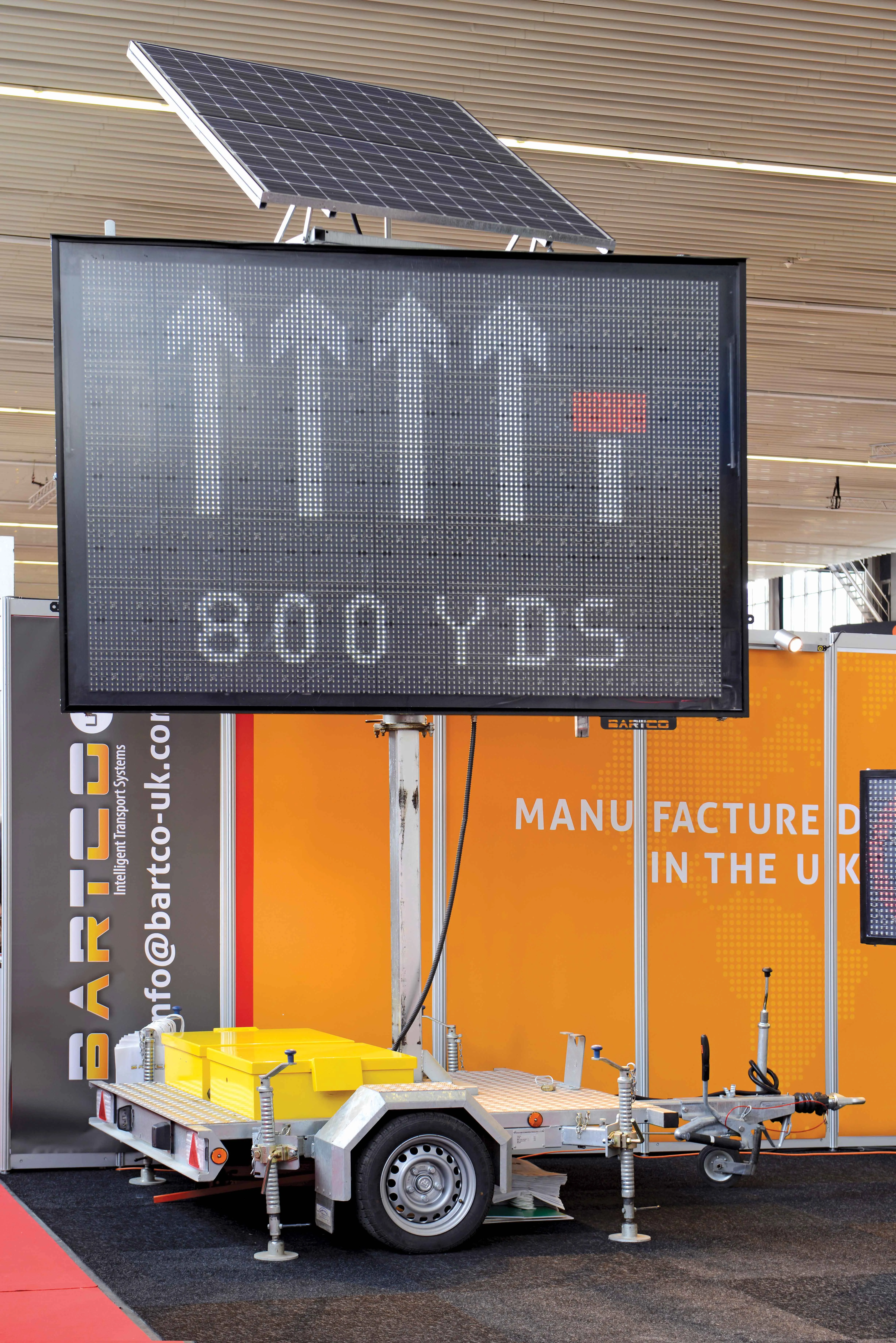The UK's M40 motorway is benefiting from a new Rhinophalt surface, with over 160,000m² of the material having been applied. This preventative maintenance solution represents a move away from conventional replacement maintenance techniques. Preserving the M40 with this asphalt treatment is the largest contract to date for the Rhinophalt solution.
February 28, 2012
Read time: 1 min

The UK's M40 motorway is benefiting from a new Rhinophalt surface, with over 160,000m² of the material having been applied. This preventative maintenance solution represents a move away from conventional replacement maintenance techniques.
Preserving the M40 with this asphalt treatment is the largest contract to date for the Rhinophalt solution.
The preservative is being applied on a five year cycle covering the whole of the M40 motorway and started in June 2008 from Junction 10 northwards. In 2008 alone, over 800,000m² was preserved. Supplied by3124 ASI Solutions, Rhinophalt protects an asphalt surface from weathering, oxidisation and traffic wear and minimises the deterioration of the bituminous surface.
Until now the use of preservatives for bituminous materials in the UK has been relatively uncommon, but the higher prices for asphalt has driven many local and national government agencies to look even harder at increasing value from budgets. Using a repair and preserve approach is seen as the way forward for asphalt surfaces ensuring value, good asset management and efficient whole life costing.
Preserving the M40 with this asphalt treatment is the largest contract to date for the Rhinophalt solution.
The preservative is being applied on a five year cycle covering the whole of the M40 motorway and started in June 2008 from Junction 10 northwards. In 2008 alone, over 800,000m² was preserved. Supplied by
Until now the use of preservatives for bituminous materials in the UK has been relatively uncommon, but the higher prices for asphalt has driven many local and national government agencies to look even harder at increasing value from budgets. Using a repair and preserve approach is seen as the way forward for asphalt surfaces ensuring value, good asset management and efficient whole life costing.








